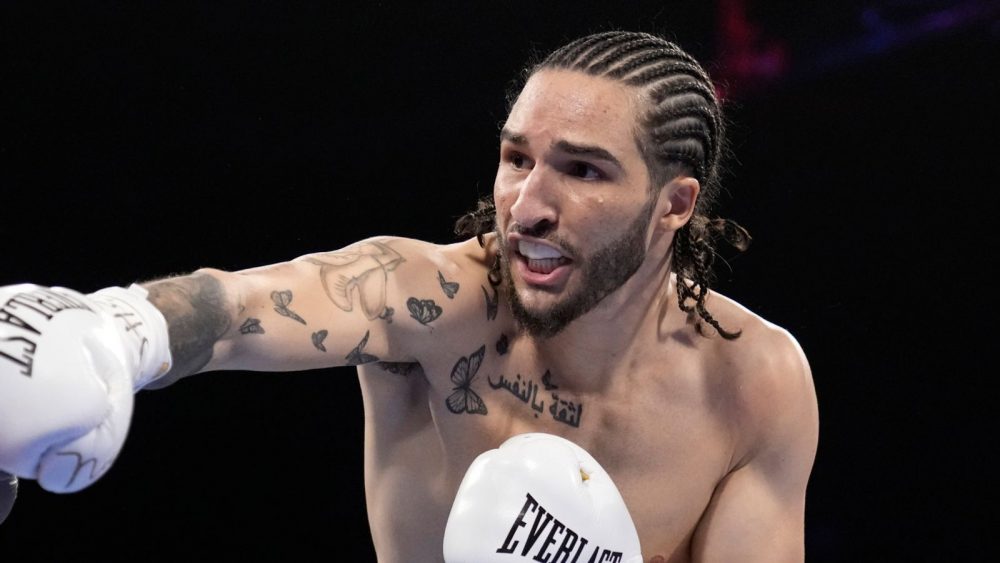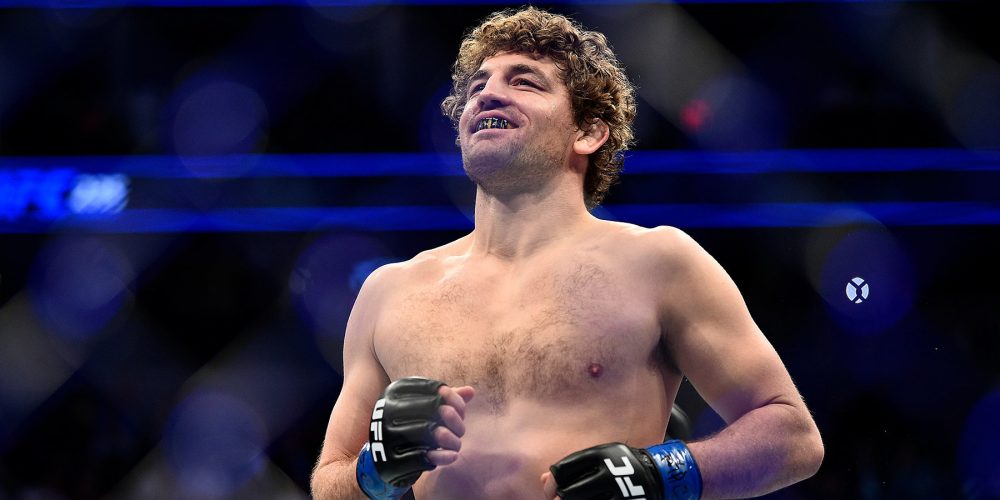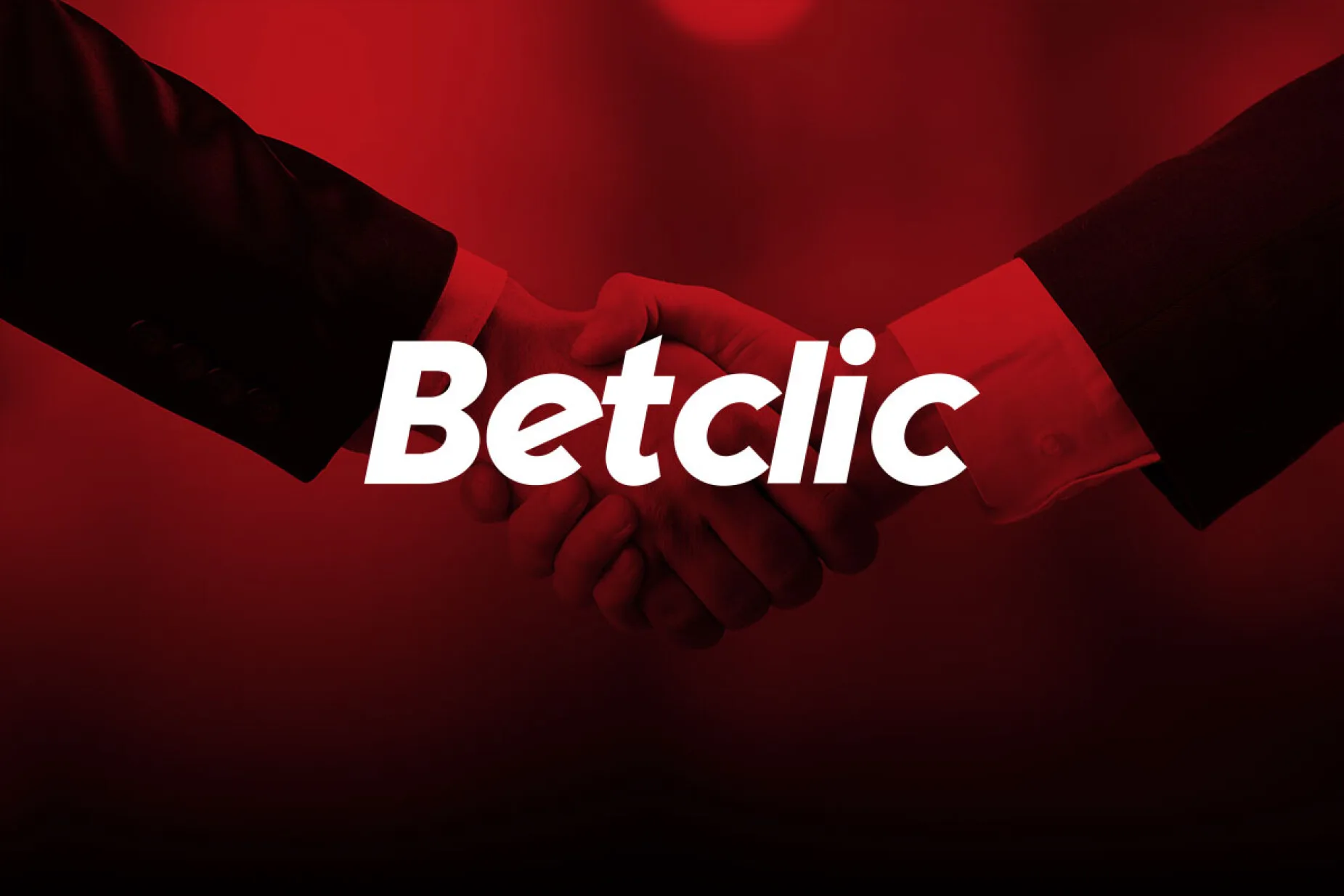
Betting Under Live Streaming: The New Trend Among Young Players
Live streaming has transformed the way younger audiences engage with sports and entertainment. In early 2025, a striking number of young viewers are not just watching live games on platforms like Twitch, YouTube, or DAZN—they’re placing bets in real-time as the action unfolds. This shift marks a significant change in the betting industry, blurring the lines between passive viewing and active gambling. With excitement peaking during crucial match moments, live betting is quickly becoming the go-to method for Gen Z and millennial bettors who crave instant engagement and gratification.
The Emotional Drive Behind Live Betting
The fusion of live streaming and betting creates an emotionally charged environment. When watching a match, every goal, foul, or unexpected turn sparks a surge of adrenaline, making it easy to be swept up in the heat of the moment. Young bettors, especially those under 30, often make wagers based on emotional impulses rather than strategy. This behaviour is intensified by the social element of streams, where chats and reactions encourage rapid decision-making.
In February 2025, surveys in the UK and Nordic countries show that over 40% of young bettors admitted to placing a live bet within two minutes of a major in-game event. The thrill of feeling “in sync” with the stream amplifies the betting impulse. Unlike pre-match betting, live wagering during streams removes the calm period of analysis and replaces it with split-second choices, heavily driven by emotion.
This pattern can create a feedback loop. When a spontaneous bet wins, it reinforces impulsive habits. On the flip side, losses rarely deter future attempts, as players often chase the “next chance” for redemption. It’s this emotional rollercoaster that makes live stream betting both appealing and risky for younger audiences.
Impulsivity vs. Strategy: The Psychological Tug-of-War
Psychologists studying gambling behaviours have noted that live stream betting taps into the brain’s reward system in powerful ways. The immediacy of outcomes triggers dopamine responses, which encourage repetition—even when bets are poorly calculated. For many young players, betting becomes less about calculated risk and more about emotional release.
While experienced bettors may develop strategies to manage live betting effectively, younger users often lack this discipline. They might begin with a rational approach but quickly fall into impulsive habits when immersed in fast-paced, emotionally rich environments like Twitch or DAZN. This reduces the ability to make thoughtful, long-term decisions regarding their bets.
To counteract this, some platforms have begun integrating real-time self-control tools, such as cooldown timers and pop-up warnings after consecutive bets. However, their usage remains optional, and adoption is low among younger audiences who tend to prioritise fun over caution.
Influencers and Streamers Shaping the Betting Narrative
Influencers and streamers play a critical role in the growing appeal of live stream betting. Personalities on Twitch and YouTube have cultivated loyal followings, and their betting behaviours are often mimicked by their viewers. When a streamer makes a bet live, it doesn’t just entertain—it subtly endorses the act itself, making betting appear fun, social, and low-risk.
In February 2025, popular streamers partnering with betting platforms have become commonplace. While some disclose sponsorships, many integrate betting into their content as natural behaviour, further normalising it. This creates a parasocial dynamic: fans feel personally connected to the streamer and are more likely to copy their actions, including betting choices.
Some streamers even host live bet-along sessions, turning gambling into a group activity. This social proof dynamic drives higher betting engagement but also raises ethical concerns. Influencer-led gambling blurs the lines between entertainment and marketing, particularly when targeting younger, impressionable audiences.
The Role of Sponsorships and Transparency
Many betting companies sponsor influencers with massive reach. In exchange, streamers display betting logos, promo codes, and even live odds feeds. This practice has come under scrutiny from regulators in the UK and EU, who question whether these arrangements sufficiently disclose their commercial nature.
Transparency is a growing issue. Not all viewers are aware that streamers are being paid to promote certain platforms or bets. Without clear labelling, young users may assume the betting behaviour is authentic and uncoerced, reinforcing potentially harmful habits without recognising the financial motivations behind them.
Advocates call for stricter rules requiring clear disclosures and better education for viewers. As of February 2025, platforms like YouTube have started testing banners that indicate “sponsored betting content” when detected, but implementation remains inconsistent across the streaming landscape.

Responsible Gambling in the Age of Real-Time Wagers
As live stream betting continues to grow, so does the importance of promoting responsible gambling practices. Unlike traditional betting, the speed and accessibility of live wagers increase the risk of overindulgence. For young users, this creates a hazardous environment where losses accumulate quickly and often go unnoticed until significant financial harm has occurred.
Gambling support organisations are sounding the alarm, urging for more protective measures tailored to the real-time nature of stream betting. Suggestions include enforced bet limits during live events, mandatory cooldown periods, and tighter age verification mechanisms on streaming platforms featuring betting content.
Some platforms have made progress. In February 2025, Twitch began experimenting with warning systems and automated alerts for users who place frequent bets during a single stream. These alerts remind users to review their gambling habits and provide quick access to help resources. Still, critics argue that platform-level safeguards are too lenient and lack proper enforcement.
Education and Self-Awareness as Preventive Tools
Ultimately, the most effective defence against harmful betting habits lies in education. Young players must be made aware of the psychological tricks that make live stream betting so compelling. Schools, communities, and online campaigns can play a vital role in raising awareness and teaching self-monitoring skills.
Informative content, such as YouTube explainers or influencer-led mental health discussions, has shown promise. These resources help demystify the gambling process and frame it as a behaviour to be approached with caution, not spontaneity. The aim is to foster informed engagement, where betting is treated as entertainment, not a shortcut to financial gain.
In the coming months, industry leaders are expected to collaborate with educators and psychologists to create targeted programmes. These efforts will be crucial in helping young bettors navigate the live betting landscape with more control, critical thinking, and emotional balance.
The most popular articles
-
 Is Nico Ali Walsh the heir to the Great One?
Is Nico Ali Walsh the heir to the Great One?If we talk about the greatest boxer of all time, …
-
 A career in MMA is not a good decision
A career in MMA is not a good decisionBen Askren has been able to make solid money in …
-
 Betclic: Your Ultimate Sports Betting Platform
Betclic: Your Ultimate Sports Betting PlatformSports betting has become a popular pastime worldwide, offering excitement …
-
 Fight of the year at UFC 281?
Fight of the year at UFC 281?The UFC 281 tournament is coming up in a few …
